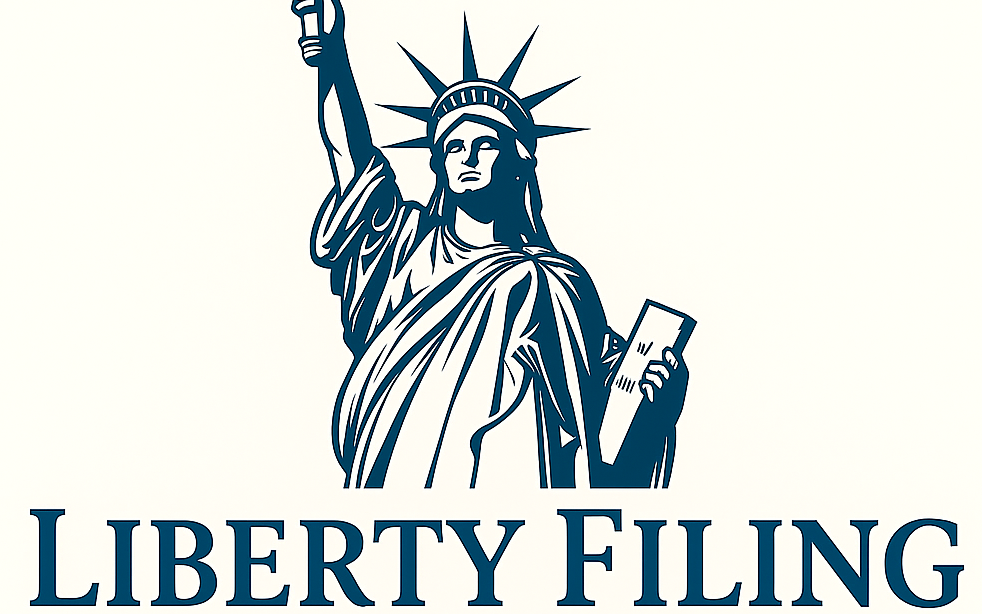LadyBird Deed (Florida)
LadyBird Deed also known as an “enhanced life estate deed”, is a legal document used primarily to transfer property ownership to a beneficiary while allowing the grantor (the property owner) to retain control during their lifetime. It’s commonly used in states like Florida, Texas and Michigan.
1. Complete Your Application.
Fill out our quick online application—it only takes 5 minutes! Provide basic details about you, your property and the beneficiary.
2. Submit application
We will check all details for accuracy and fill out all necessary forms.+
3. Noterize form.
You will notirize the form – either localy or online
4. File forms .
We will file forms with the local county
Click here – Start Now!
What is a LadyBird deed,
also known as an “enhanced life estate deed”, is a legal document used primarily to transfer property ownership while allowing the grantor (the property owner) to retain control during their lifetime. It’s commonly used in states like Florida, Texas, Michigan, and a few others in the U.S. The name “Lady Bird” comes from its association with former First Lady Claudia “Lady Bird” Johnson, though the connection is more anecdotal than formal.
Key Features of a LadyBird Deed:
The grantor (owner) retains a life estate, meaning they can live in, use, or sell the property during their lifetime without needing permission from the beneficiary.
Automatic Transfer Upon Death: When the grantor dies, the property automatically passes to the designated beneficiary (or beneficiaries) without going through probate, courts and lawyers fees, which can save time and costs.
Retained Control: The grantor can change their mind at any time—sell the property, revoke the deed, or name a new beneficiary—without the beneficiary’s consent.
Medicaid Planning: Lady Bird deed can help protect the property from Medicaid estate recovery, as the property isn’t considered part of the grantor’s estate for Medicaid purposes .
Tax Benefits: Since the property avoids probate, it may reduce administrative costs, and the beneficiary typically receives a “stepped-up” tax basis, potentially lowering capital gains taxes if they sell the property later.
How It Works:
The grantor (owner of property) fills out the information for the LadyBird Deed, naming themselves as the life tenant and designating a beneficiary who will inherit the property upon their death.
The LadyBird Deed is recorded with the local county recorder or register of deeds.
During the grantor’s lifetime, the grantor retain full control, including the right to mortgage, sell, or lease the property.
Upon the grantor’s death, the property transfers directly to the beneficiary, bypassing probate, court delays and lawyer fees.
Example:
Jane owns a home and wants her son, Mark, to inherit it without going through probate. She creates a LadyBird deed, naming herself as the life tenant (grantor) and Mark as the beneficiary. Jane can continue living in the home, sell it, or change the beneficiary during her lifetime. When Jane passes away, the home automatically transfers to Mark without probate.
Advantages:
Avoids Probate: Saves court time and legal fees by transferring property directly.
Flexibility: The grantor retains full control and can change or revoke the deed.
Medicaid Eligibility: May help protect the home from Medicaid recovery .
Simplicity: Easier and often less expensive than setting up a trust for similar purposes.
Disadvantages:
No Asset Protection: It doesn’t shield the property from creditors during the grantor’s lifetime.

